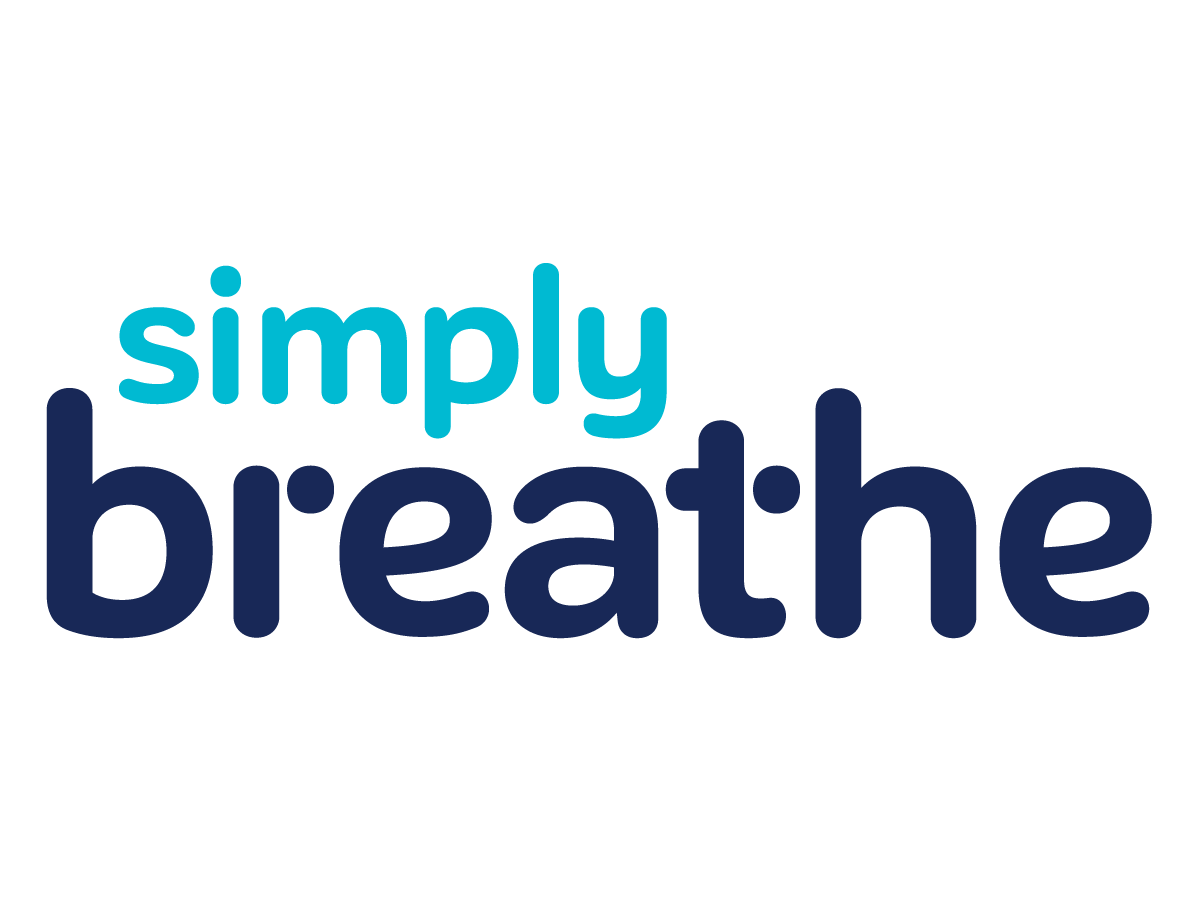How Do I Know If I Am Breathing Through My Mouth While I Sleep?
Mouth breathing during sleep isn’t something that can be self-diagnosed. If your sleep partner hasn’t already made you aware of your tendency to snore during sleep (the most common indication of mouth breathing), then the easiest way to determine if you are breathing through your mouth during your sleep are the symptoms of poor sleep that you experience the next day.
Common symptoms of mouth breathing at night include waking up with a dry mouth, feeling tired even after getting 7-8 hours of sleep, or grabbing a quick “power nap” any chance you get. If any of these sound familiar, it’s likely that you are breathing through your mouth and are disrupting your sleep cycles. That means you aren’t getting restorative sleep every night and causes you to wake up feeling tired and groggy.
Other symptoms of mouth breathing that you may experience include fragmented or interrupted breathing, sleep apnea, bruxism (jaw clenching or teeth grinding), morning headaches, “morning breath” and increased dental problems.
Why Do I Mouth Breathe?
Mouth breathing occurs as you sleep, so it’s not something that you can prevent or stop. The reason that you breathe through your mouth as you sleep is linked to our sleep cycles. As we sleep, our body falls into rapid-eye movement (REM) sleep, a cycle that occurs 4-5 times per night on average.
During this REM sleep, your jaw loses muscle tone for the tongue and upper airway muscles. This allows the tongue to fall back into the airway, obstructing your breathing. To counteract this obstruction, your mouth opens and you begin breathing through your mouth. The inhaled air passes over your tongue, which is sitting down and in the back of your throat, causing air turbulence as you breathe, which is called snoring.
To prevent mouth breathing, a practical solution is to prevent your lips from opening during sleep. You can accomplish this with the use of a gentle, comfortable tape like Simply Breathe. You’ll retrain yourself to breathe through your nose, the way nature intended, and enjoy deep, restorative sleep.




Leave a comment (all fields required)